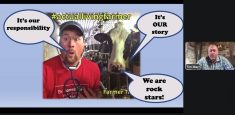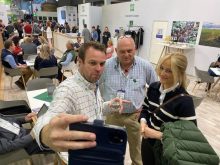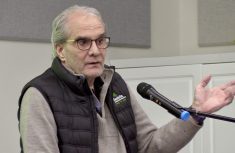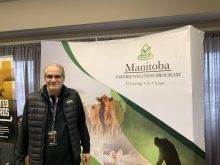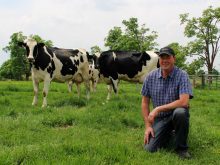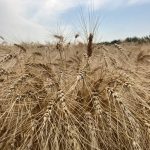The three most effective ways of reducing cortisol, the body’s stress hormone, are: exercise, having an ‘ugly cry,’ and eating carbs.
Guess which one I like best?
This was my “I wish you hadn’t said that” moment of the “Talk, Ask, Listen,” mental health workshop that KAP hosted alongside the Do More Agriculture Foundation on October 8.
Carbs were my go-to stress buster in journalism school. More than three years after grad I’m still trying to undo the damage. I’m trying to replace them, in part, with exercise. I’m a (slow) runner, and a (inflexible) yogi now, thank you.
Read Also
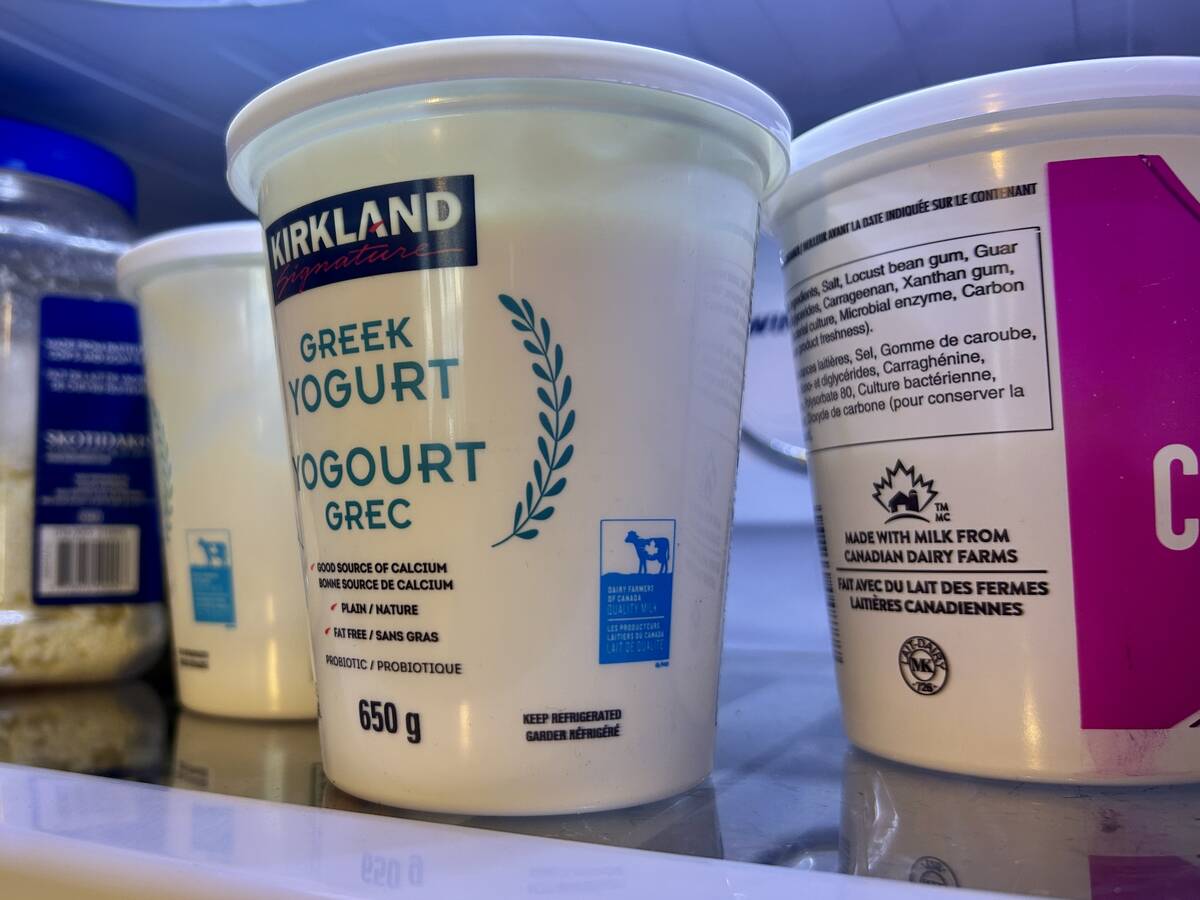
Big changes ahead for dairy market
Dairy consumers put bigger eyes on protein, while CUSMA review looms large for Canada’s dairy farmers
How many cookies would you have to eat to start reducing cortisol? asked instructor, Ontario-based professional counsellor and sheep farmer Lauren Van Ewyk.
“All of them,” I thought.
It’s half — half a cookie.
The more you know.
I consider myself a bit of an old hand when it comes to mental health and mental illness. It’s been part of my story for many years, so I do a lot of reading on it and even recently gave a talk at my alma mater on dealing with anxiety.
Yet, I learned new tools from Van Ewyk that I began implementing that very weekend. Here’s a few things I took away from my experience.
What is ‘Talk, Ask, Listen’?
“Talk, Ask, Listen,” is a half-day, interactive workshop or webinar that Do More Ag designed with Bridges Health Inc. It’s made especially for people who work in agriculture.
“Knowing that knowledge is power and farming is unique, our goal for this workshop is threefold,” Do More Ag’s website says.
“One, that you walk away with a greater awareness and understanding of mental health. Two, you can access this training in the cab of your tractor or at the office. And three, help you and those around you break down barriers and dispel the stigma through three actions — talking, asking and listening.”
The workshop covered how to recognize the signs of mental health issues and substance abuse and what this looks like in ag; what support looks like; how to have conversations with people who are struggling; and how to support and take care of yourself.
Farming is a stressful job, and the statistics back that up. As Van Ewyk said, 58 per cent of farmers meet the medical classification for anxiety, and 35 per cent meet the criteria for depression. The suicide rate among farmers is 20 to 30 per cent higher than in any other occupation.
With stats like that, I think it’s important to build a robust ‘tool chest’ for dealing with mental health personally, and to support those around us. If we don’t take care of each other, who will?
Caring for others
I’ve often found myself wondering, “What do I do? What do I say?” when someone tells me they’re struggling. My knee-jerk response is to want to fix it with advice or help of some kind.
Often we have an agenda when people share their struggles, Van Ewyk shared. We want them to “get to it” instead of giving them space and time to share what they’re able.
It’s not easy for people to express feelings, she said. The linguistic centre of the brain takes time to develop in childhood and can be damaged by trauma. So, Van Ewyk said asking for clarification can be helpful for the other person and for you and can ensure they feel heard.
She talked about listening and responding with empathy, not sympathy. Empathy involves feeling with that person and coming into some form of agreement with that person, even if you don’t agree with their assessment of a situation.
For instance, saying “yeah, that is tough.”
Van Ewyk also talked about setting boundaries when helping. This involves evaluating where we’re at before offering help. Essentially, “where is my capacity at?” said Van Ewyk, then helping out of that capacity instead of draining your own reserves.
This is a toughie for me. I often feel I must give until I can’t give anymore. Not so. It’s good to set boundaries so helping doesn’t harm me. It can also be good for the “helpee” as my boundaries can force them to ask for permission and be resourceful, Van Ewyk said.
Helping myself
The workshop involved several interactive exercises where I got to practise wellness techniques and communication styles.
One technique I started using that day was “box breathing,” which is a relaxation tool that’s good for an anxious person like me. This involves breathing in to a count of four, holding the breath in to a count of four, exhaling to a count of four, holding for a count of four, and then repeating.
The combination of deep breathing and concentration on something benign (for me, this takes a lot of concentration to sustain) actually calms the brain.
Another calming exercise involved finding five things I could see, four things I can touch, three things I can hear, two I can smell (this involved me sniffing my armpits, to be honest), and one thing I can taste.
Years ago I would have called this hocus-pocus, but I’ve learned there are ‘brain sciencey’ reasons for why these techniques work.
Essentially, as I understand it, they address the physical and mental symptoms of stress and anxiety like ‘brain-spin,’ obsessive thoughts, rapid and laboured breathing, and muscle tension.
In the final workshop module we discussed making a self-care plan in six categories: relationships, spiritual, emotional, psychological, physical and farming (or career in my case).
Relationships involves maintaining healthy and supportive relationships; spiritual self-care can involve practising your faith, or simply growing a sense of perspective and what you hold dear; emotional involves allowing yourself to experience your emotions; psychological self-care involves growing in intelligence and interests.
Farming and career care involves activities that help you work to the best of your abilities.
I suppose physical care could involve a lot of things — for me, it probably doesn’t involve eating carbs.
I’m going to have to keep working on that.





